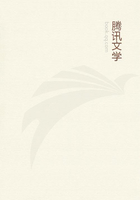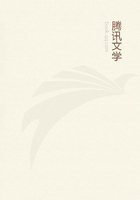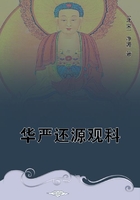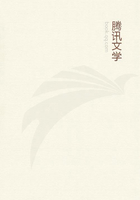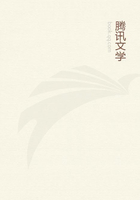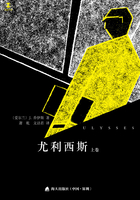Sect. 57. Having adduced the clearest arguments, it would be absurd for us to hope that we can know more of any object, than belongs to the possible experience of it, or lay claim to the least atom of knowledge about anything not assumed to be an object of possible experience, which would determine it according to the constitution it has in itself. For how could we determine anything in this way, since time, space, and the categories, and still more all the concepts formed by empirical experience or perception in the sensible world [ Anschauung ], have and can have no other use, than to make experience possible. And if this condition is omitted from the pure concepts of the understanding, they do not determine any object, and have no meaning whatever. But it would be on the other hand a still greater absurdity if we conceded no things in themselves, or set up our experience for the only possible mode of knowing things, our way of beholding [ Anschauung ] them in space and in time for the only possible way, and our discursive understanding for the archetype of every possible understanding; in fact if we wished to have the principles of the possibility of experience considered universal conditions of things in themselves. Our principles, which limit the use of reason to possible experience, might in this way become transcendent, and the limits of our reason be set up as limits of the possibility of things in themselves (as Hume's dialogues may illustrate), if a careful critique did not guard the bounds of our reason with respect to its empirical use, and set a limit to its pretensions.
Skepticism originally arose from metaphysics and its licentious dialectics.
At first it might, merely to favor the empirical use of reason, announce everything that transcends this use as worthless and deceitful; but by and by, when it was perceived that the very same principles that are used in experience, insensibly, and apparently with the same right, led still further than experience extends, then men began to doubt even the propositions of experience. But here there is no danger; for common sense will doubtless always assert its rights. A certain confusion, however, arose in science which cannot determine how far reason is to be trusted, and why only so far and no further, and this confusion can only be cleared up and all future relapses obviated by a formal determination, on principle, of the boundary of the use of our reason. We cannot indeed, beyond all possible experience, form a definite notion of what things in themselves may be. Yet we are not at liberty to abstain entirely from inquiring into them; for experience never satisfies reason fully, but in answering questions, refers us further and further back, and leaves us dissatisfied with regard to their complete solution. This any one may gather from the Dialectics of pure reason, which therefore has its good subjective grounds. Having acquired, as regards the nature of our soul, a clear conception of the subject, and having come to the conviction, that its manifestations cannot be explained materialistically, who can refrain from asking what the soul really is, and, if no concept of experience suffices for the purpose, from accounting for it by a concept of reason (that of a simple immaterial being), though we cannot by any means prove its objective reality? Who can satisfy himself with mere empirical knowledge in all the cosmological questions of the duration and of the quantity of the world, of freedom or of natural necessity, since every answer given on principles of experience begets a fresh question, which likewise requires its answer and thereby clearly shows the insufficiency of all physical modes of explanation to satisfy reason? Finally, who does not see in the thoroughgoing contingency and dependence of all his thoughts and assumptions on mere principles of experience, the impossibility of stopping there? And who does not feel himself compelled, notwithstanding all interdictions against losing himself in transcendent ideas, to seek rest and contentment beyond all the concepts which he can vindicate by experience, in the concept of a Being, the possibility of which we cannot conceive, but at the same time cannot be refuted, because it relates to a mere being of the understanding, and without it reason must needs remain forever dissatisfied? Bounds (in extended beings) always presuppose a space existing outside a certain definite place, and enclosing it; limits do not require this, but are mere negations, which affect a quantity, so far as it is not absolutely complete. But our reason, as it were, sees in its surroundings a space for the cognition of things in themselves, though we can never have definite notions of them, and are limited to appearances only. As long as the cognition of reason is homogeneous, definite bounds to it are inconceivable. In mathematics and in natural philosophy human reason admits of limits but not of bounds, viz., that something indeed lies without it, at which it can never arrive, but not that it will at any point find completion in its internal progress. The enlarging of our views in mathematics, and the possibility of new discoveries, are infinite; and the same is the case with the discovery of new properties of nature, of new powers and laws, by continued experience and its rational combination. But limits cannot be mistaken here, for mathematics refers to appearances only, and what cannot be an object of sensuous contemplation, such as the concepts of metaphysics and of morals, lies entirely without its sphere, and it can never lead to them; neither does it require them. It is therefore not a continual progress and an approximation towards these sciences, and there is not, as it were, any point or line of contact. Natural science will never reveal to us the internal constitution of things, which though not appearance, yet can serve as the ultimate ground of explaining appearance.

